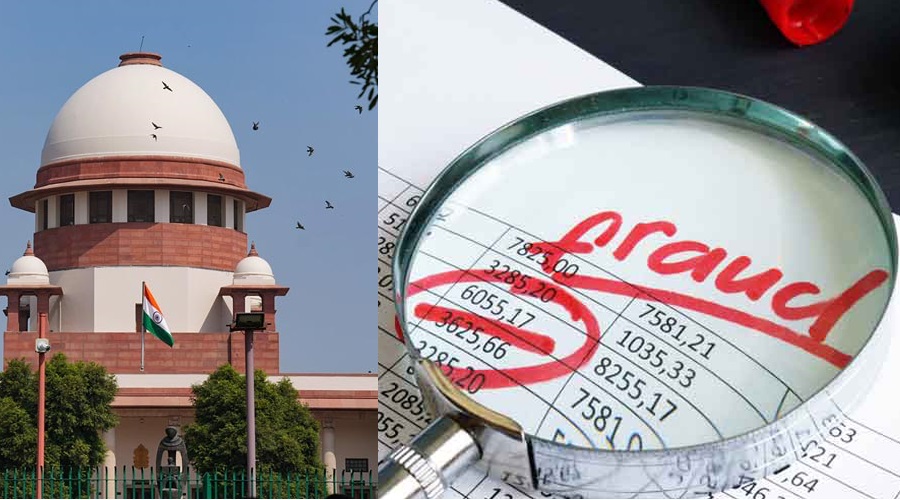
New Delhi, 27 March : The Supreme Court of India has ruled that banks must provide borrowers with a just opportunity to be heard before they label an account as fraudulent.
In its verdict on Monday, the Supreme Court directed banks to offer a reasonable opportunity for a hearing and representation before branding a borrower’s account as fraudulent. This was in response to a plea made to the Telangana High Court in 2020. Justices DY Chandrachud and Hima Kohli highlighted that labelling an account as fraudulent does not just lead to a criminal investigation, but also carries other consequences, including civil and corrective actions against the borrower.
The Supreme Court emphasized that principles of natural justice must be followed and borrowers should be notified and given a chance to explain the findings of a forensic audit report. The court also stated that lenders must furnish borrowers with a copy of the audit reports and allow them to make a representation before labeling an account as fraudulent.
“The lenders should provide a chance to the borrowers to make a representation on the complaints addressed by them, by furnishing a copy of the audit reports and giving them a reasonable opportunity to do so, in line with natural justice principles,” the court said.
The judgment was issued in response to objections raised against the Reserve Bank of India’s (RBI) (Frauds Classification and Reporting by Commercial Banks and Select FIs) Directions 2016, which were disputed in several high courts on the grounds that borrowers were not given a chance to be heard before their accounts were declared fraudulent.
The Supreme Court elaborated that classifying an account as fraudulent results in a credit freeze for the borrower, hindering them from obtaining funding from capital and financial markets. In addition to violating Article 19(1)(g) of the Constitution, the court stated that the restriction on raising funds could be fatal for the borrower, leading to “civil death”.
“As debarring prevents a person or entity from exercising their rights and/or privileges, it is vital that the principles of natural justice are applied and that the person against whom an action of debarment is sought is given the opportunity to be heard. Indeed, debarment is similar to removing a borrower from a credit list,” the court said.
According to the Master Directions on Frauds, debarring a borrower is similar to blacklisting the borrower as untrustworthy and unfit for banks’ credit. The Supreme Court emphasized that if a borrower’s account is deemed fraudulent, they will be unable to access institutional financing related to their business.
“The act of classifying an account as fraudulent affects not only the borrower’s reputation but also their business and goodwill,” the court stated.
In accordance with the principles of natural justice, the court stressed that borrowers should be given the opportunity to have a hearing before being denied access to institutional finance. The court stated that denying access to institutional finance could have significant civil consequences, jeopardizing the future of the borrower’s business.
For breaking news and live news updates, like us on Facebook fb.com/thevoiceofsikkim or follow us on Twitter twitter.com/thevoicesikkim and Instagram instagram.com/thevoiceofsikkim. Visit www.voiceofsikkim.com.




